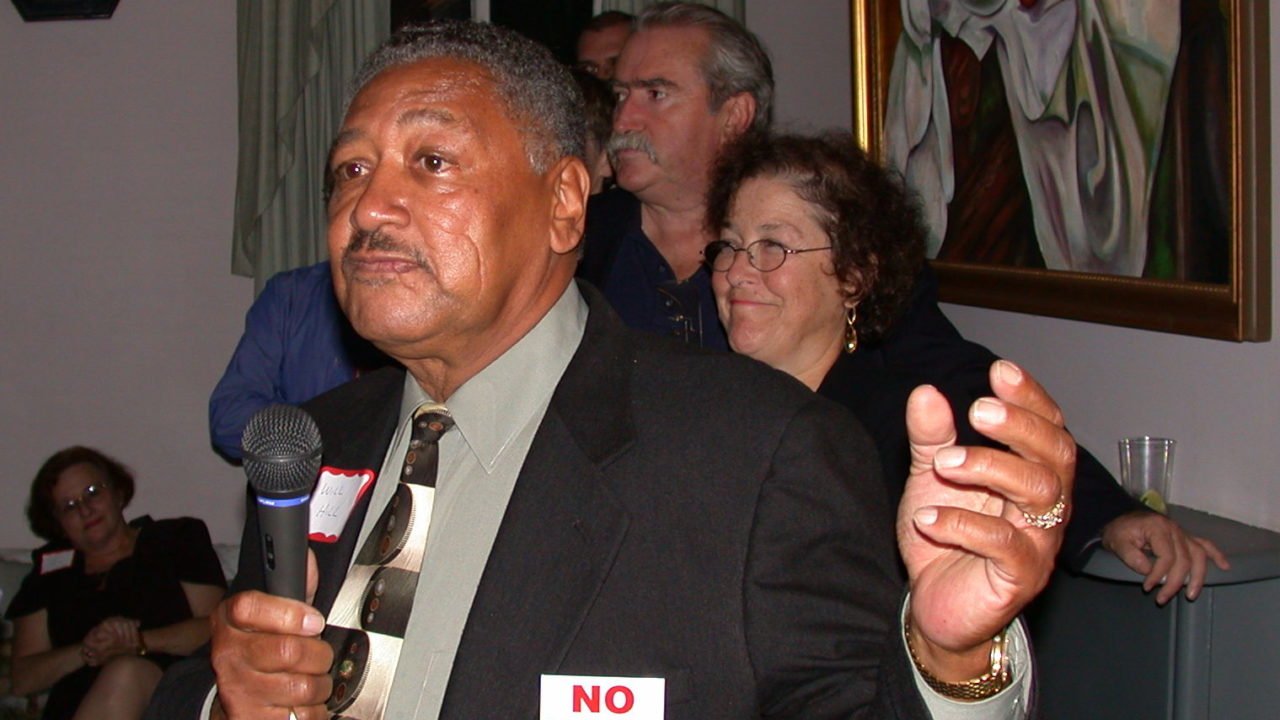Case Status: Victory
Boys Town v. SCSD

CIR victory helps DC community activists fight effort to silence them
One of the bedrock principles of democratic self-rule is that citizens have a constitutional right to speak out about matters of public concern — particularly to their elected representatives and governmental bodies. Yet developers and housing activists have frequently used federal housing discrimination law to punish neighborhood groups that speak out against proposed housing projects.
CIR won a string of victories challenging this tactic, and the Boys Town case was a vivid example of CIR’s successful effort to protect the right of citizens to speak out on matters of public concern, no matter how inconvenient that may make things for developers and activists.
Southeast Citizens for Smart Development was concerned about Boys Town’s plan to put troubled teenagers into what D.C. Council member Sharon Ambrose called “a very fragile neighborhood that has been plagued by open-air drug markets.” SCSD also questioned the excessive cost to taxpayers of both the federally financed housing project and the $150 per day subsidy Boys Town would have received for each youth. “It’s the wrong project in the wrong place at the wrong time,” said SCSD Chairman Will Hill.
Boys Town resorts to a federal lawsuit
After SCSD publicly criticized the housing project, lobbied local officials, circulated petitions, and otherwise opposed the project, Boys Town responded with a lawsuit in August 2001. The suit was announced at a splashy press conference in front of the Lincoln Memorial. (You can read the Washington Post’s description here.) The suit charged that SCSD, Will Hill, Ellen Opper-Weiner, District officials, and the City itself violated the federal “Fair Housing Act’s prohibitions against discrimination on the basis of race and handicap.”
Boys Town said that many of the youths expected to live in the project will be minorities with mental or emotional disabilities. But it failed to cite any evidence that bias underlies opposition to the housing project. In fact, SCSD’s leadership and membership includes minorities. As SCSD Vice Chair Opper-Weiner noted, the suit was “meant to harass and shut us up.”
CIR teams up with the American Civil Liberties Union to Protect Free Speech
Regardless of the merits of the Boys Town project, SCSD’s members acted in the finest tradition of participatory democracy in speaking out against the project. In fact, the First Amendment affords its greatest protection to just this sort of political speech. So when Boys Town attempted to twist the Fair Housing Act to silence SCSD, CIR came to their rescue. As part of its mission to protect free speech, CIR agreed to represent defendants SCSD, Opper-Weiner, and Hill. CIR was joined in this fight by its able co-counsel, the local chapter of the ACLU.
Boys Town, in a virtual admission that SCSD’s public criticism and lobbying was protected by the First Amendment, amended its initial complaint to focus on a single accusation against the group and its leaders, namely that they violated the Fair Housing Act by bringing a “sham” zoning appeal of the City’s issuance of building permits for the housing project. But the right to seek redress in the courts is also constitutionally protected, so on December 19, 2001, CIR and the ACLU filed a motion to dismiss the remaining claim against SCSD, Opper-Weiner, and Hill. The motion was based on the First Amendment’s guarantee of both free speech and the right to petition through the judicial process.
In another victory for CIR, a federal judge dismissed the case against SCSD and its members. The judge ruled, just as CIR argued, that SCSD’s actions were protected under the First Amendment. This was just one in a string of victories in similar cases where groups opposing housing projects are unfairly persecuted for their objections.
